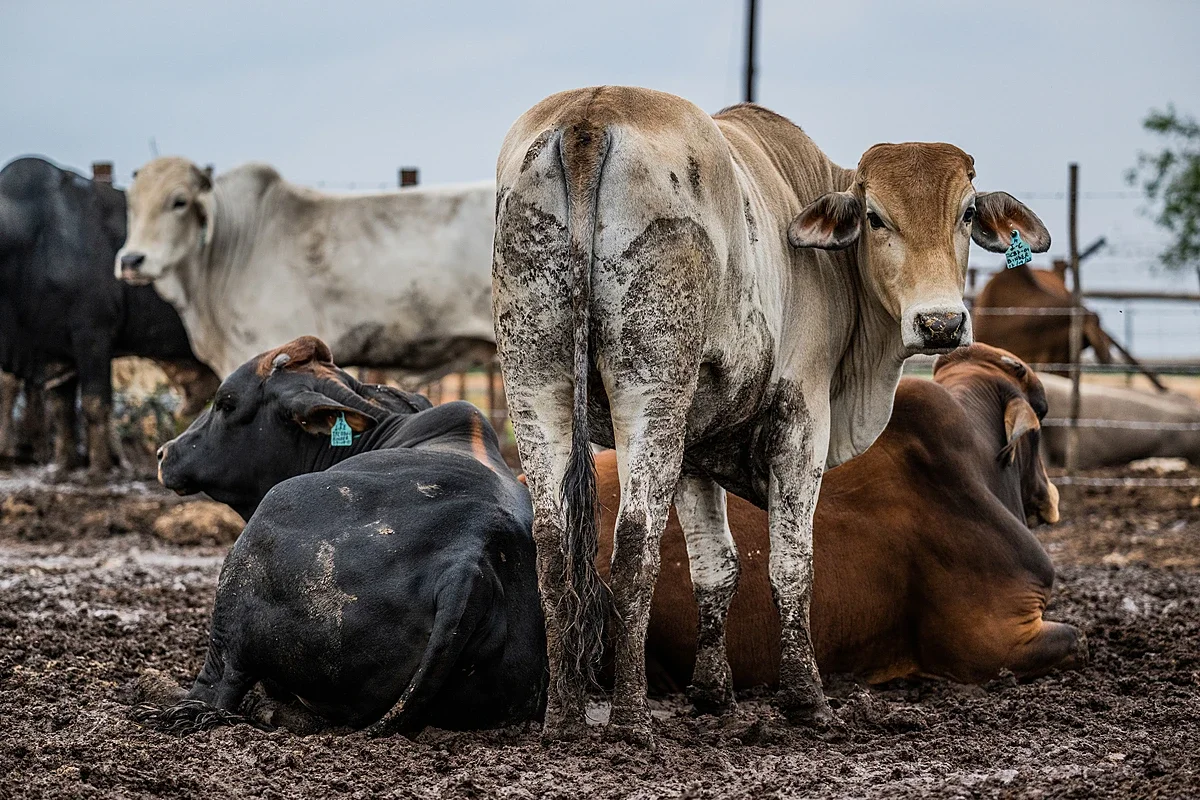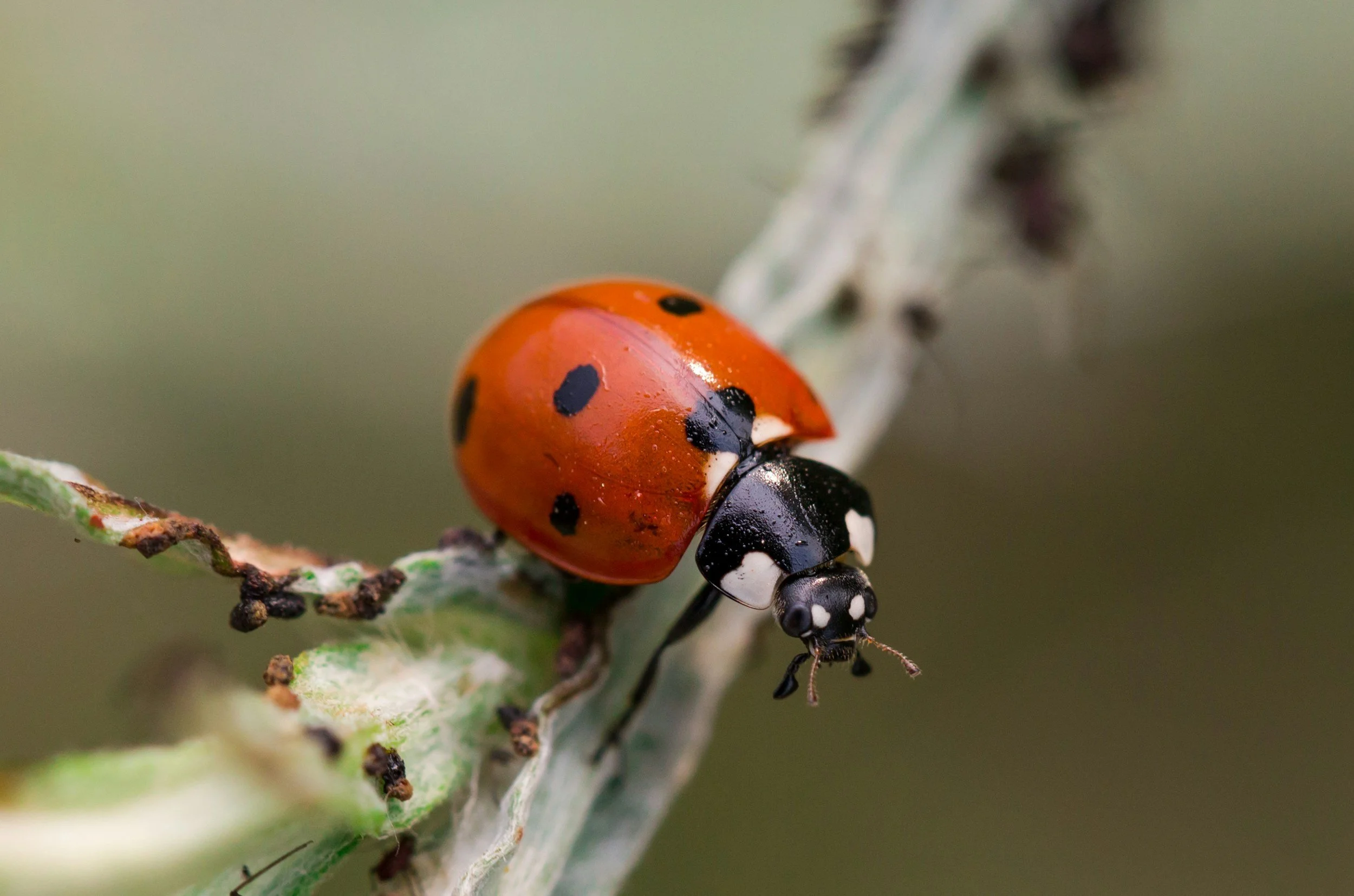Why is a drug banned in more than 160 countries still used on farmed animals in the US?
Food safety and animal welfare groups argue the FDA is ignoring evidence on human health risks and environmental harm in its decision to maintain approval of the drug ractopamine in animal farming.
Food safety, environmental, and animal rights groups are calling on the U.S. Food and Drug Administration to reconsider its recent denial of their request to reduce or eliminate allowable levels of a widely-used livestock growth drug they say is a risk of human health and impacting animal welfare prior to slaughter.
The Animal Legal Defense Fund (ALDF), Center for Biological Diversity, Center for Food Safety, and Food Animal Concerns Trust, filed a petition, saying the FDA did not consider crucial evidence relating to health, environmental, and welfare concerns when reviewing its decision to maintain approval of the drug, ractopamine.
Originally developed to treat asthma, ractopamine was approved by the FDA for use in farmed animals in 1999 after it was found to accelerate muscle growth. Today, the drug is added to the feed of up to 80% of pigs in the US, as well as in cows and turkeys.
Due to safety concerns, ractopamine has been banned or restricted by 168 countries, including all European Union nations, China and Russia. The EU banned the drug in 2009 after finding in part that data did not support a conclusion that the drug is safe, according to the groups. They also warn that the FDA allows ractopamine residue levels in meat that exceed those adopted by the international United Nations’ food standards body, the Codex Alimentarius Commission.
“The FDA — whose obligation is to protect public health — continues to cave in to the industrial animal agriculture industry on the use of ractopamine’s safety despite the agency’s long history of concerns about its risks,” said Daniel Waltz, managing attorney at ALDF. “The response from the FDA gives a pass to the myriad harms from ractopamine and abdicates its responsibility to ensure the safety of humans, animals and the environment.”
One of the concerns cited in the petition was the lack of evidence to support that ractopamine does not impact human health. The FDA stated in 1995 the drug’s impact on the human cardiovascular system must be studied. Despite this, ractopamine was approved by the agency after only one official study. This was conducted on six men, and was cut short when one of them dropped out because his heart rate was increasing abnormally after receiving the first dose.
The group also says the FDA also failed to address key environmental concerns raised in the petition, including the potential spread of antibiotic-resistant pathogens to workers and nearby communities, and the risk of ractopamine contaminating groundwater and harming wildlife.
“The evidence before FDA is clear: Ractopamine is not safe for our farmworkers and consumers. The time has come for Secretary Kennedy and President Trump to make good on their promise to Make America Healthy Again and ban this dangerous drug from our food system,” said Sylvia Wu, co-executive director at the Center for Food Safety.
Increased animal suffering
Animals given ractopamine face a significantly higher risk of painful injury, extreme stress, and inhumane treatment. The drug is typically administered during the final weeks of an animal’s life, when rapid muscle growth is most desirable for producers.
Pigs fed ractopamine have been documented suffering from stress-related conditions including broken limbs, impaired gait, and sudden death. The drug has also been linked to symptoms such as tremors, lesions, and internal tissue damage. Despite this, federal agencies have acknowledged these effects without concluding that ractopamine is causing animal welfare violations.
Advocates hope the current administration will find the “courage” to reduce or eliminate ractopamine-use in US animal farming. “We’re calling on President Trump and Secretary Kennedy to Make America Healthy Again by taking this extraordinarily risky drug out of our food,” said Hannah Connor, environmental health deputy director at the Center for Biological Diversity. “It’s outrageous that Democratic and Republican administrations alike have been too timid to take on powerful agribusiness interests to protect Americans’ health, but we hope this administration finds the courage to put a stop to this dangerous drug use.”
One of the most powerful ways to fight animal abuse is to choose plant-based options. Want to get started? Take Species Unite’s free Plant-Power Challenge for 30 days to discover everything you need to know. Sign up here.
We Have A Favor To Ask…
Species Unite amplifies well-researched solutions to some of the most abusive animal industries operating today.
At this crucial moment, with worldwide momentum for change building, it’s vital we share these animal-free solutions with the world - and we need your help.
We’re a nonprofit, and so to keep sharing these solutions, we’re relying on you - with your support, we can continue our essential work in growing a powerful community of animal advocates this year.





